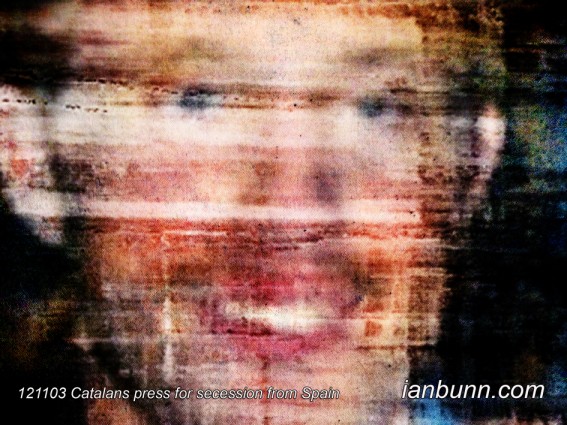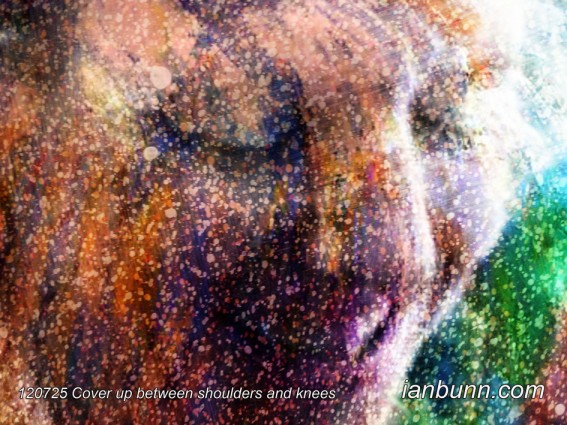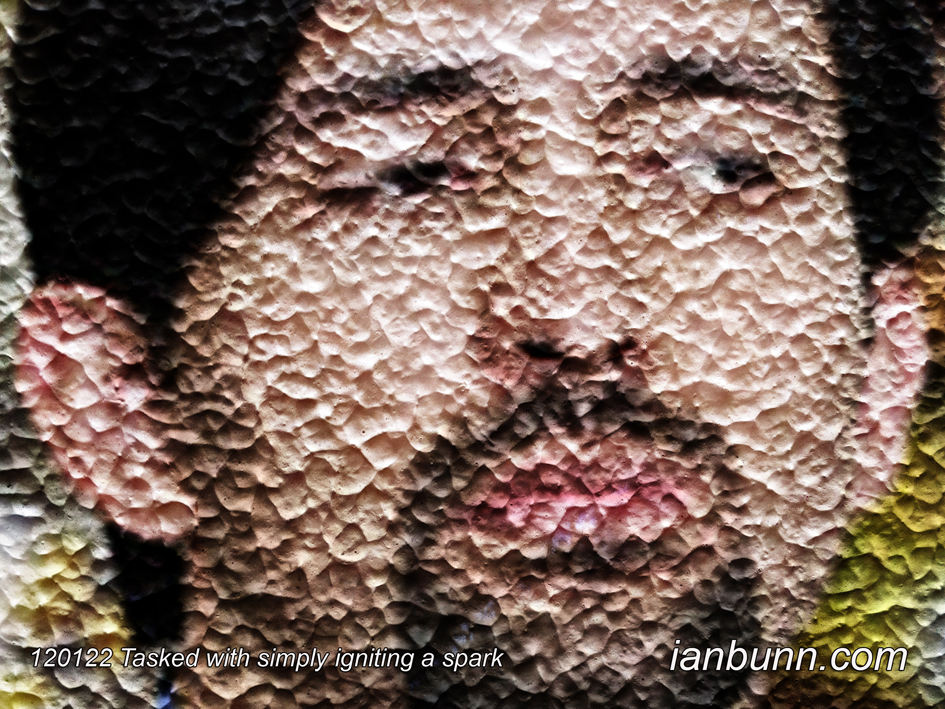 Catalans press for secession from Spain (November 3 2012)
Catalans press for secession from Spain (November 3 2012)
Sam Bollier the American online producer and regular contributor for Al Jazeera English based in Doha, Qatar has published an article titled ‘Catalans press for secession from Spain’ as a regional parliament votes to hold a referendum as surveys show record high support for independence. Bollier states “Could Catalonia become the world’s newest state? The Spanish region – with a culture, history, and language of its own – faces high barriers to becoming a fully independent country. But that hasn’t stopped an emboldened independence movement from trying. On Thursday, the parliament in Catalonia – an affluent but debt-laden region in Spain’s northeast – voted to hold a referendum on independence after elections in November. Some Catalans have long favoured full independence, as opposed to the semi-autonomous status the region currently enjoys. But as Spain’s economy continues to stagnate and unemployment rates remain sky-high, more Catalans are questioning whether they would be better off on their own. …Pro-independence Catalans cite their region’s strong national identity, and note that Catalan taxpayers pay more to the central government than the region receives in return. Long one of the richest and most industralised parts of Spain, data from 2011 shows the region’s GDP per capita is 18 per cent higher than in Spain at large. The central Spanish government, however, is annoyed with the calling of a referendum on independence, even if it is non-binding. Spain’s deputy prime minister, Soraya Saenz de Santamaria, told a news conference that there were “legal and judicial instruments” to stop such a referendum, reported AFP. “And this government is ready to use them.” Given Spain’s precarious economic state, the timing rankled the deputy prime minister, who added on a radio programme that “this debate, at this time, is creating tremendous instability”.”
Inspired by Aljazeera ow.ly/eKSs3 image source Twitter ow.ly/eKSm2

